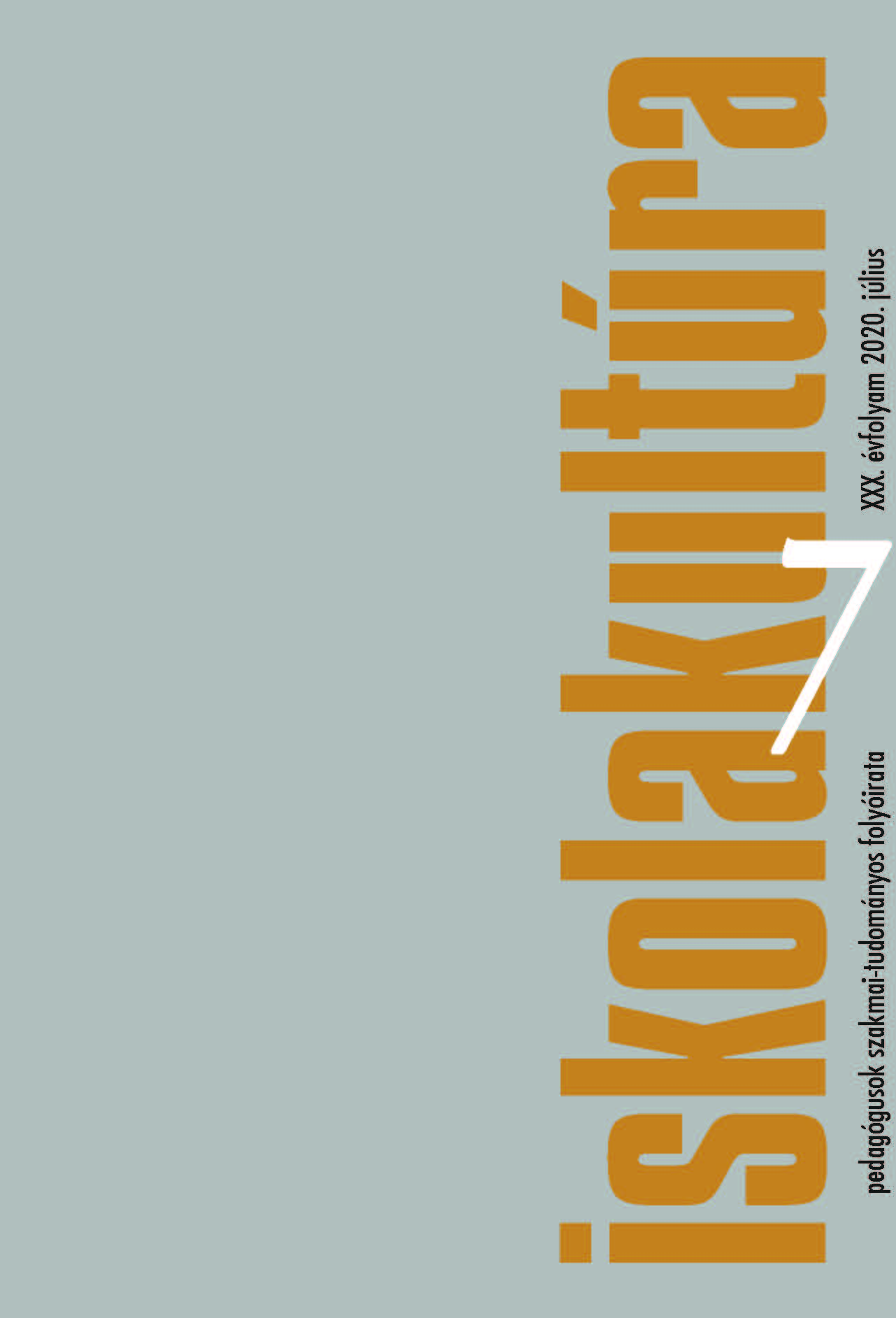Without barriers Platforms of geography learning
Main Article Content
Abstract
Learning is possible anywhere and anytime. Though the process of learning does not necessarily happen in parallel and as an effect of educational activity, but more likely outside of that through experience from everyday life. However, it is crucial to consider the platforms of learning, since this is the only way that leads to conscious and thus efficient pedagogical work, . Learning is a complex process, its effectiveness is influenced by several factors. Some of these components are outside environmental factors, while others are inner factors, which include both biological and psychological elements(Dávid , 2015). According to Komenczi (2009), the conditions of learning as a whole can be described with the expression „learning environment”. In tOllé’s (2012) view, the main organising principle is the learning-teaching process, and the related communication’s spatial and temporal realization, which he calls educational environment. In his theory he divides this into four categories. These are the contact educational environment, the network supported educational environment, the online educational environment and the virtual educational environment. Naturally, mixed versions are also possible, creating different hybrid educational environments. The main aim of this study is to apply Ollé’s (2013) model’s elements in geographical knowledge acquisition.As well as highlighting that in order to provide education most appropriate for learning goals, all environments have to play a crucial part in the teaching process.

